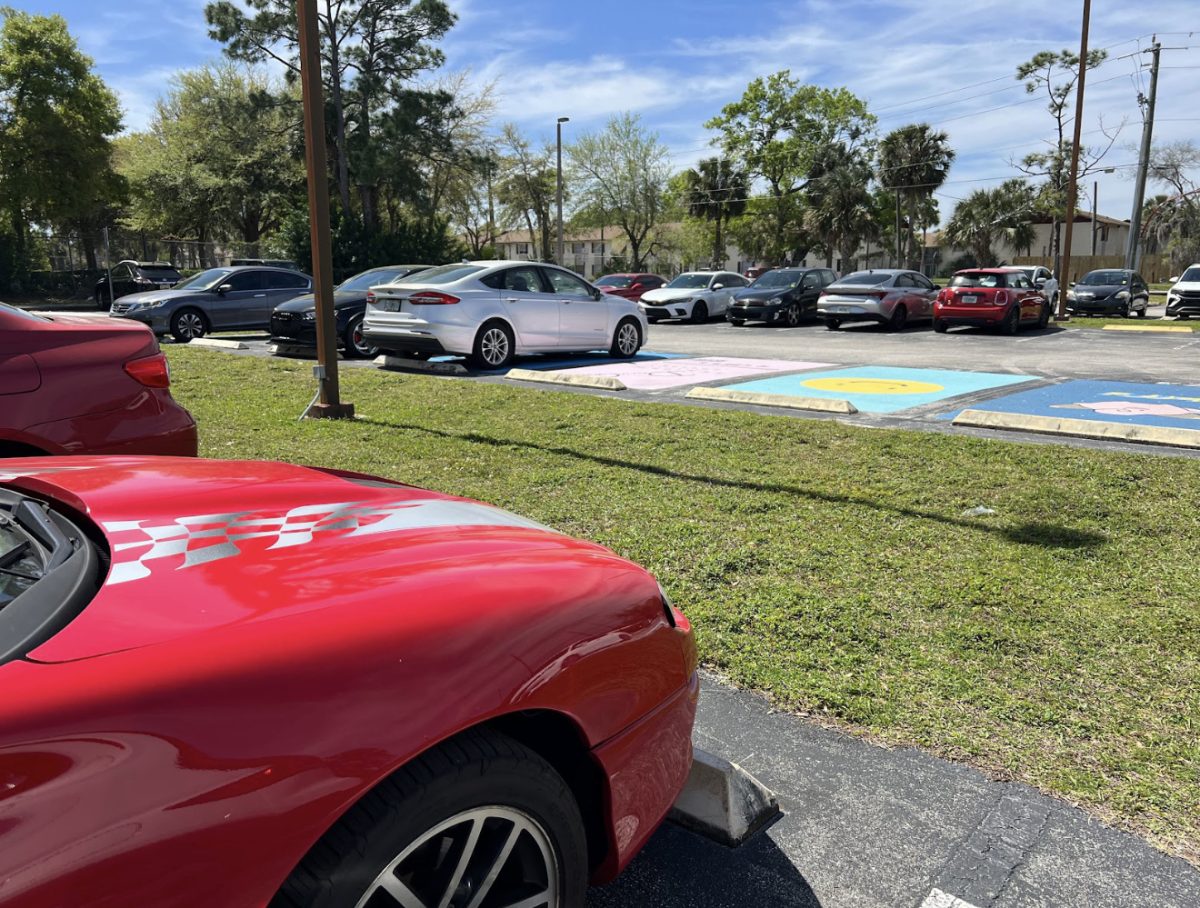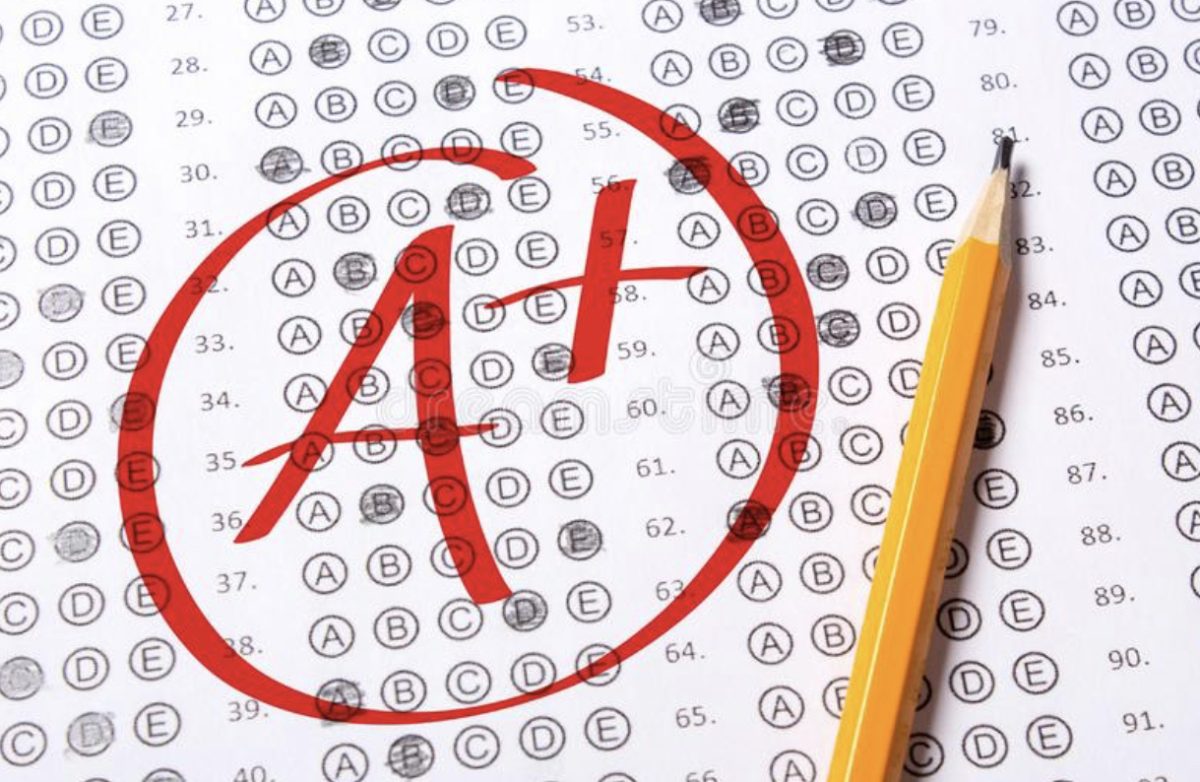Since the cease of polio vaccinations in the U.S. in 2000, there have been no recorded cases of the crippling virus in the nation. As the contagious disease still spreads in eastern third-world countries, could the U.S and other developed nations be at risk of seeing a return?
Polio (poliomyelitis) is a highly contagious virus that in severe cases can cause permanent paralysis, loss of eyesight, trouble breathing, and death. It usually spreads through contact with the feces of an infected person (contaminated food or surfaces with the virus). Polio can also be spread through contact with the saliva or mucus of an infected person, but this type of transfer is less common.
Polio generally targets children and people with weakened immune systems. Anyone unvaccinated is vulnerable to contracting the virus.
Polio was one of the most feared illnesses in the U.S. in the mid-1900’s. The largest polio outbreak in the U.S. was in 1952 when about 58,000 cases of the virus were reported, 3,145 being deadly, and 21,269 resulting in permanent paralysis. The alarming number of outbreaks led to fundraising efforts such as “The March of Dimes” by President Franklin Roosevelt in 1938. The March of Dimes was a huge success and funded research that led to the creation of the polio vaccine, both oral and shots, that were created in the 1950s.
The vaccinations were successful in preventing the spread of the virus, and were given to people across the world in an effort to eradicate polio all together. As the number of polio cases in the U.S. and other developed nations reduced to zero, the distribution of the vaccine ended. The highly contagious disease, though, currently continues to spread in Nigeria, Afghanistan, and Pakistan, recently returning to Ethiopia, Kenya, and Somalia. Just this June, the polio virus was found in sewers in Israel, where it hadn’t been since 2002.
Sophomore Joi Robinson said that people need to get vaccinated against polio “for protection and for health.”
The recent outbreaks in countries that had since been polio-free reminds people how contagious and easily spread the life-threatening virus can be. Israel is distributing vaccinations across the country in an effort to protect children from infection and to prevent further spread of the virus.
Many Americans and those in other polio-free nations no longer vaccinate for polio—adding a risk of spread if they come in contact with the virus, and those who travel to polio-endemic nations may also be at risk of contracting it.
“People can get sick and it’ll spread fast,” said Jennifer Lopez, sophomore.
Although highly contagious, most people infected with the polio virus do not show any symptoms, yet they are still able to spread it. Other mild symptoms that may occur in the infected include pain and weakness in muscles and joints and difficulty breathing or swallowing.
“A lot of diseases that are very contagious and very deadly, most people don’t even have symptoms,” said Allison Lloyd, sophomore. “Doctors need to start advising [the polio vaccine] or administering it.”
As more people become crippled and the feared virus continues to spread, the global fight to eradicate polio surges on.























